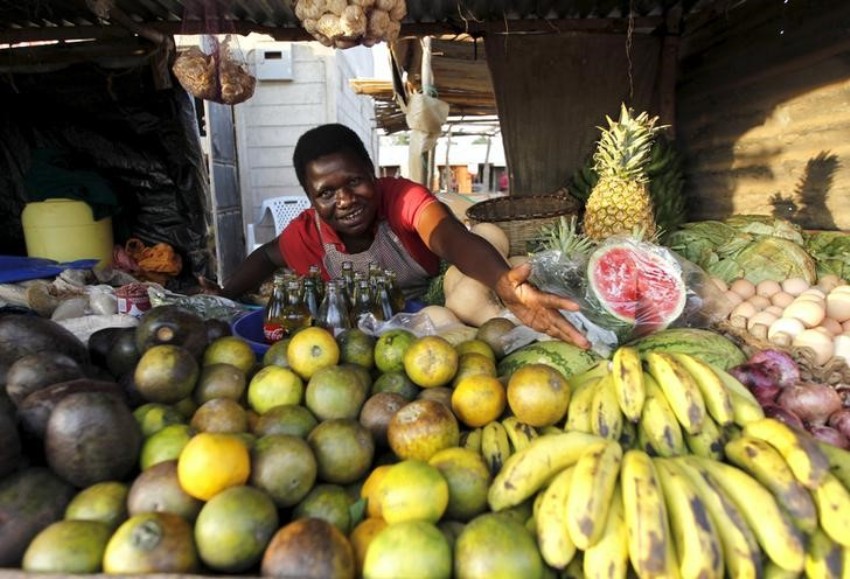NAIROBI – Fear that the rising cost of food could jeopardise the Kenyan president’s re-election chances has prompted the government to subsidise the price of maize flour, a staple food in East Africa’s largest economy.
The cost of maize flour has risen by more than 50 per cent in some areas this year as a devastating drought in the Horn of Africa has seen millions go short of food.
The price rises and the planned subsidies have added to fears about the impact of this year’s election on the Kenyan economy, one of the best performers in Africa in recent years
President Uhuru Kenyatta will face long-term rival Raila Odinga at the polls in August, in what is expected to be a tightly fought contest. Surveys suggest the president is leading but victory in August is far from certain.
Mr Kenyatta has blamed his rival for the higher prices. “Those who have been caught napping are those who have been in government, many of whom now are in the opposition, who should’ve dealt with this problem 15, 20 years ago,” he told the FT in an interview, referring to Kenya’s lack of crop irrigation systems.
Typically, Kenyans vote along tribal lines but rising food prices could mean that for a minority, the state of the economy will trump ethnic allegiances. Anzetse Were, a Nairobi-based development economist, said: “The majority of tribes, particularly the big ones like the Kikuyu, the Luo and the Luhya, will vote on tribal lines regardless of the economic conditions. But the minority tribes may be swayed by economic issues and these swing voters could well decide the election.”
The government, which said last week it would spend $60m over the next three months to keep the price of maize flour at Ks90 for a 2kg pack, is forecasting growth of 5.5 per cent for 2017, down from 5.8 per cent last year.
But economists say rising food prices, a surge in profit warnings among listed companies and growing redundancies in the financial services sector suggest they will struggle to hit this target. A contentious government decision to cap bank interest rates and investor unease ahead of the election are adding to the economic gloom.
In the past three months Stanbic Bank’s purchasing managers’ index, an indicator of private sector activity, has recorded its three lowest readings since it was launched in January 2014.
Fears of election violence typically contribute to lower growth in an election year, said Yvonne Mhango, sub-Saharan Africa economist at Renaissance Capital. RenCap is forecasting that Kenya’s economic growth will slip to 4.2 per cent this year. “And that doesn’t capture what could happen if there’s violence after the results are announced,” Ms Mhango says. About 1,200 people were killed and 600,000 displaced in violence after the 2007 election. The vote six years later was far more peaceful, but there were still several hundred deaths. Already this year, scores have died as armed herdsman invaded farms, ostensibly in search of grazing for their livestock.
Mr Odinga, a former prime minister who is contesting his fourth election, is also targeting the economy at campaign rallies. “We want to fight against corruption, poverty, illiteracy, unemployment among the youth, empower women, bring down the price of basic commodities such as flour and milk,” he said recently.
Kwame Owino, executive director at the Institute of Economic Affairs in Nairobi, believes the conduct of the election will determine the extent of the downturn. “If it’s free and fair and clear that it wasn’t rigged then people will move on quickly,” he says.
A senior executive at a Nairobi-based supermarket chain who asked not to be named agrees. “I just want the election to be over as quickly as possible. The economy’s going to keep hurting until the uncertainty ends.”
Copyright The Financial Times Limited 2017. All rights reserved. You may share using our article tools. Please don’t cut articles from FT.com and redistribute by email or post to the web.



